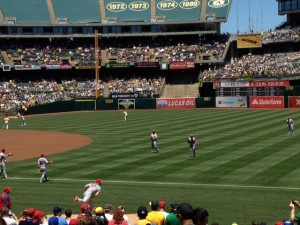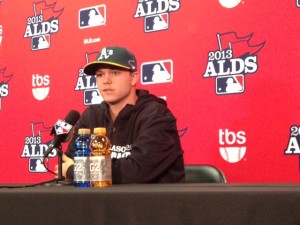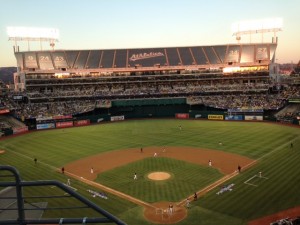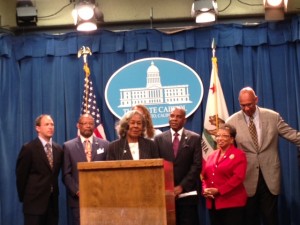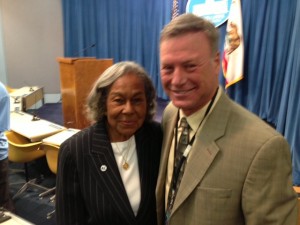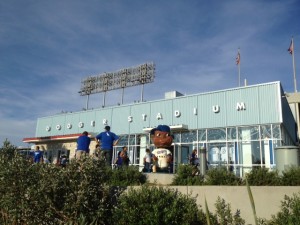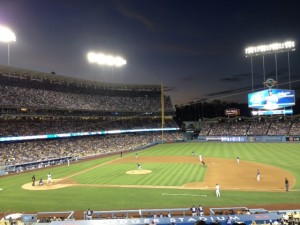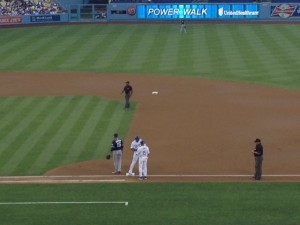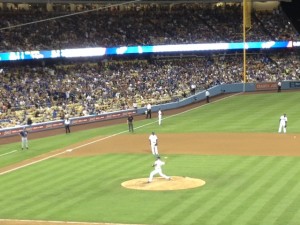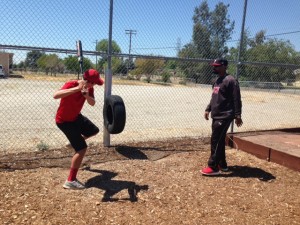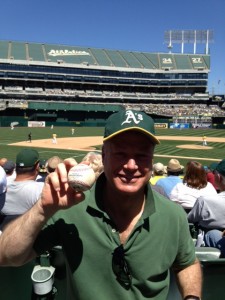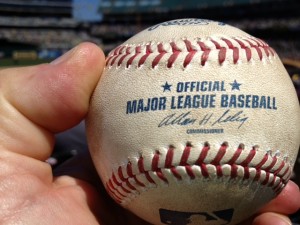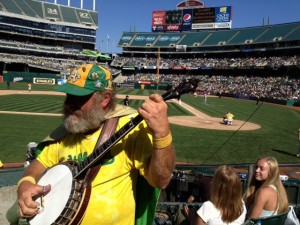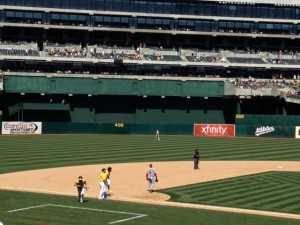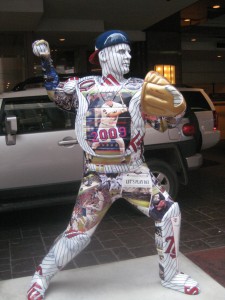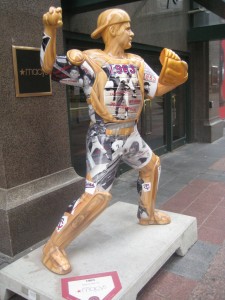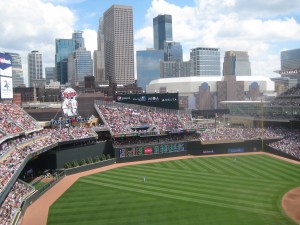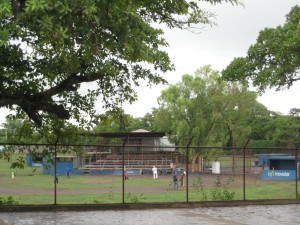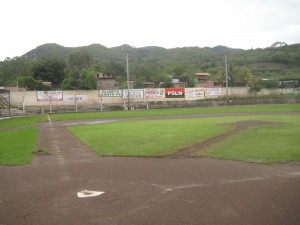It’s great to see the two best teams in baseball facing off in the World Series. The Red Sox and Cardinals were both 97-65 during the regular season and both have a storied history. Boston swept St. Louis 4-0 in 2004 to break the curse of the Bambino. The Cards beat the BoSox in seven games in 1967 and also 1946.
St. Louis has won 11 World Series championships (tops in the National League), while Boston has 7 titles. Add them together and it’s still less than the Yankees 27 trophies, but that’s another blog for another day.
The Cards have the 1-2 punch of veteran Adam Wainwright and rookie Michael Wacha (MVP of the NLCS) on the mound along with Joe Kelly and Lance Lynn while the Red Sox will counter with Jon Lester, Clay Buchholz, John Lackey and Jake Peavy. The Sox have the better front four, but with Wainwright and Wacha likely to pitch two games each, the edge is neutralized.
The Red Sox have the best bullpen in the Major Leagues with Craig Breslow, Brandon Workman, Junichi Tazawa and Koji Uehara (MVP of ALCS). Uehara throws strikes consistently and has been virtually unhittable in the post-season. The Cards counter with Carlos Martinez, Kevin Siegrist and closer Trevor Rosenthal. Advantage: Red Sox.
The Cardinals have arguably the best catcher in baseball in Yadier Molina, but Boston’s Jarrod Saltalamacchia is solid behind the plate. Advantage: St. Louis.
At 1B, St. Louis starts rookie Matt Adams, while the Red Sox will have Mike Napoli in games at Fenway Park. Napoli has been a monster in the post-season. Edge: Red Sox.
At second base, the Cardinals’ Matt Carpenter was #1 in doubles (55), runs scored (126) and tied for first in hits (199), while Boston’s Dustin Pedroia hit .301 and is solid at second. Carpenter is the better player on paper, but he struggled in the playoffs and Pedroia is a tougher out in the post-season. Edge: Even.
At shortstop, Boston’s Stephen Drew is brilliant defensively but a weak hitter. The same is true for St. Louis’s Pete Kozma. Advantage: Even.
The Cards have the slumping David Freese at 3rd, while Boston will start the lighting quick but untested rookie Xander Bogaerts (or the slumping Will Middlebrooks). Freese always seems to shine in the post-season (21 RBI in 2011 World Series). Edge: Cardinals.
In the outfield, St. Louis has the light-hiting John Jay in center, Matt Holliday in left and the new Mr. October Carlos Beltan in right. Beltran is hitting .337 overall in his total postseason play, with 16 home runs and a slugging percentage of .724. He is indeed Mr. Clutch. Boston has Shane Victorino in right (2 post-season Grand Slams in his career), along with Jocoby Ellsbury in center (his 52 stolen bases was tops in MLB), and Daniel Nava in left (replacing Jonny Gomes against the Cardinal righties). Slight Edge: Boston.
DH: If Allen Craig is healthy, he’ll start as the Designated Hitter in Boston, then pinch hit in St. Louis. Craig is terrific with men on base and overall he hit .315 with 13 homers and 97 RBI for the Cardinals before getting injured in September. But he’s swinging the bat now and sounding like he’ll play ball. The Red Sox have David Ortiz, who is one of the best hitters in baseball, but here’s the X-factor: in St. Louis for Ortiz to be in the lineup, he’ll have to play 1B where he is a definite defensive liability. Advantage: St. Louis.
Prediction: Since the All-Star break I’ve been predicting the Cards would win it all, but there are some intangibles here: Boston has the better bullpen and greater depth than the Cardinals, plus home field advantage. The Red Sox have shown persistence in coming from behind late in the game. Combine that with the Pedroia factor (the guy always finds a way to win), makes me believe the Red Sox may truly be the team of destiny this year. So after crunching the numbers, I’m changing my prognosis:
Boston in 7 over St. Louis.

